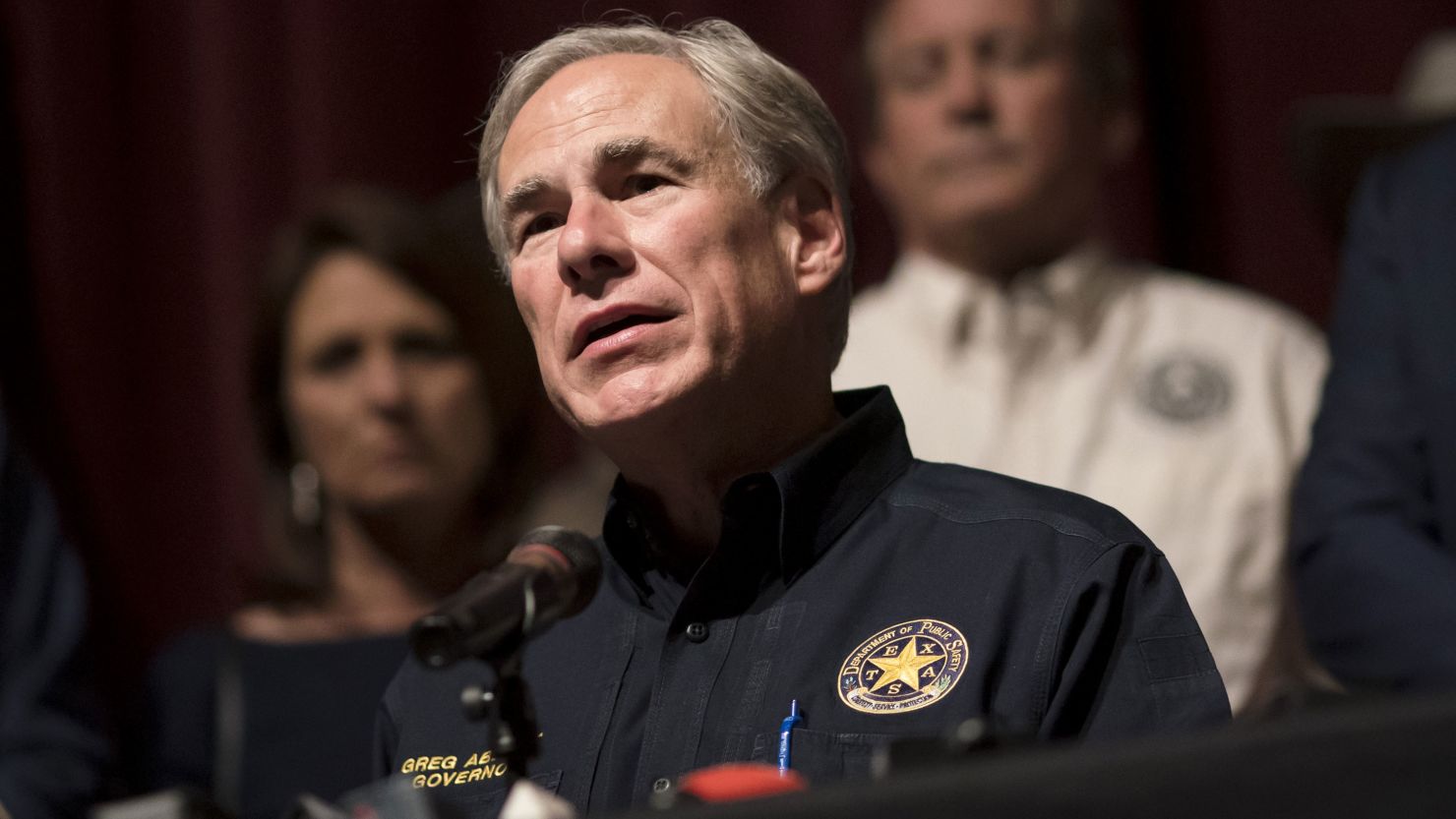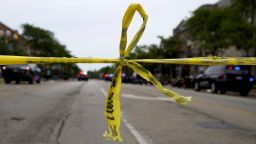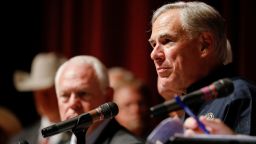During the 2020-2021 school year, there were 93 school shootings in the United States – a high not seen in 20 years, according to federal data cited in a report by the National Center for Education Statistics (NCES).?
Of those?93 shootings, 43 resulted in fatalities while 50 saw injuries, according to the 31-page report, which was published by the NCES as part of a joint effort with the Bureau of Justice Statistics. The NCES defined the school year as from July 1, 2020, through June 3, 2021. The data showed there were an additional 53 school shootings reported with no casualties in that time span.
In the 2020-2021 school year, “school shootings” include shootings that occurred on school campuses while classes were taught remotely, the authors of the study noted. They defined school shootings broadly by counting reports on whether students were present when guns were fired on school property, but also reports of when a gun was on school grounds or a bullet was deemed to strike school grounds.
While shootings increased, their environment also shifted, the authors said, adding that “the year 2020-21 was the first since data collection began in which fewer than half of schools that had shootings were high schools.”?
The report also found that from 2009 to 2020, the rate of students being victimized by nonfatal crimes fell from 51 to 11 per 1,000 students. However, the percentage of schools reporting cyberbullying doubled over that time, from 8% in 2009-10 to 16% in 2019-2020.?
Texas and Iowa governors each announce $100 million to try to help prevent the next school massacre
After the deadliest school massacre in almost a decade, two governors have committed at least $100 million to try to help prevent similar tragedies.
On Tuesday, Texas Gov. Greg Abbott announced $105.5 million to support additional school safety and mental health initiatives through August 31, 2023.
It was in his state where an 18-year-old gunman opened fire with an AR-15 style rifle at Robb Elementary School in Uvalde, slaughtering 19 children and two teachers.
Among other things, the funding will provide money for bullet-resistant shields, for school districts to purchase silent panic alert technology, and for rapid response training by the Advanced Law Enforcement Rapid Response Training (ALERRT) Center, according to a news release from the governor’s office.
“The State of Texas is acting swiftly to ensure our schools are secure and that children, teachers, and families across Texas have the support and resources they need to be safe as we work to prevent future tragedies like the heinous crime committed in Uvalde,” Abbott said.
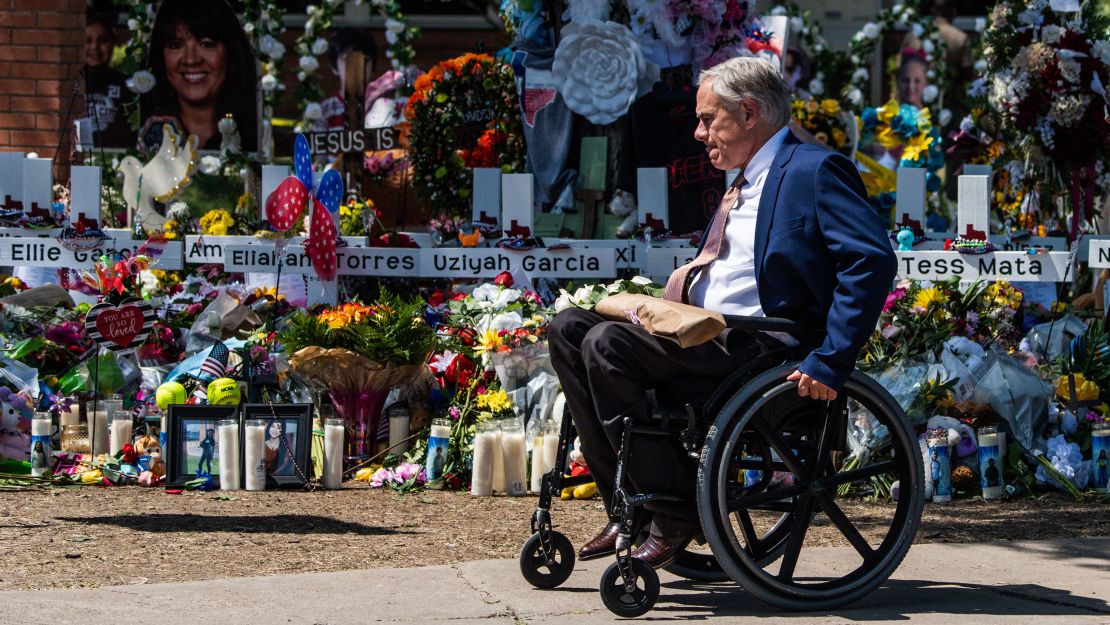
Also on Tuesday, Iowa Gov. Kim Reynolds announced a $100 million investment toward school safety after the Uvalde massacre.
The funding will directly benefit Iowa’s 327 school districts and 83 nonpublic and independent schools.
“Americans are asking what can be done to prevent this from happening again. Every family should be able to confidently send their children to school, knowing that they will be safe,” Reynolds said.
The Iowa Governor’s School Safety Bureau – part of the Iowa Department of Public Safety – will soon be staffed with special agents, criminal intelligence analysts and communication specialists dedicated to school safety, Reynolds said.
The resources will implement technology to make it easier for the public to anonymously report threats, offer schools digital incident mapping and radios, and provide specialized response training for educators and law enforcement, the governor said.
The largest portion of the investment, more than $80 million, will go to conducting vulnerability assessments to school districts and launch a grant program to help schools pay for the recommended safety improvements, Reynolds said.
Uvalde mayor, teachers and police will testify
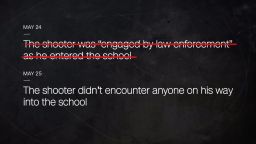
Back in Texas, the state’s House Investigative Committee on the Robb Elementary Shooting is scheduled to meet in Uvalde on Wednesday to hear invited testimony from Uvalde Mayor Don McLaughlin and several teachers and police officers.
The witness list includes teachers Jennieka Rodriguez, Sasha Martinez, Lynn Deming and Nicole Ogburn, as well as Uvalde police officers Juan Saucedo, Lt. Mariano Pargas, Sgt. Eduardo Canales and Lt. Javiar Martinez.
Because of the quasi-judicial nature of the committee’s investigation, witnesses will be examined behind closed doors in executive session.
CNN’s Jeremy Grisham, Rosa Flores and Rosalina Nieves contributed to this report.
